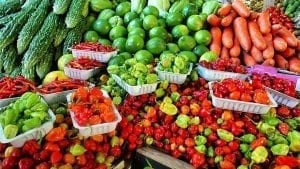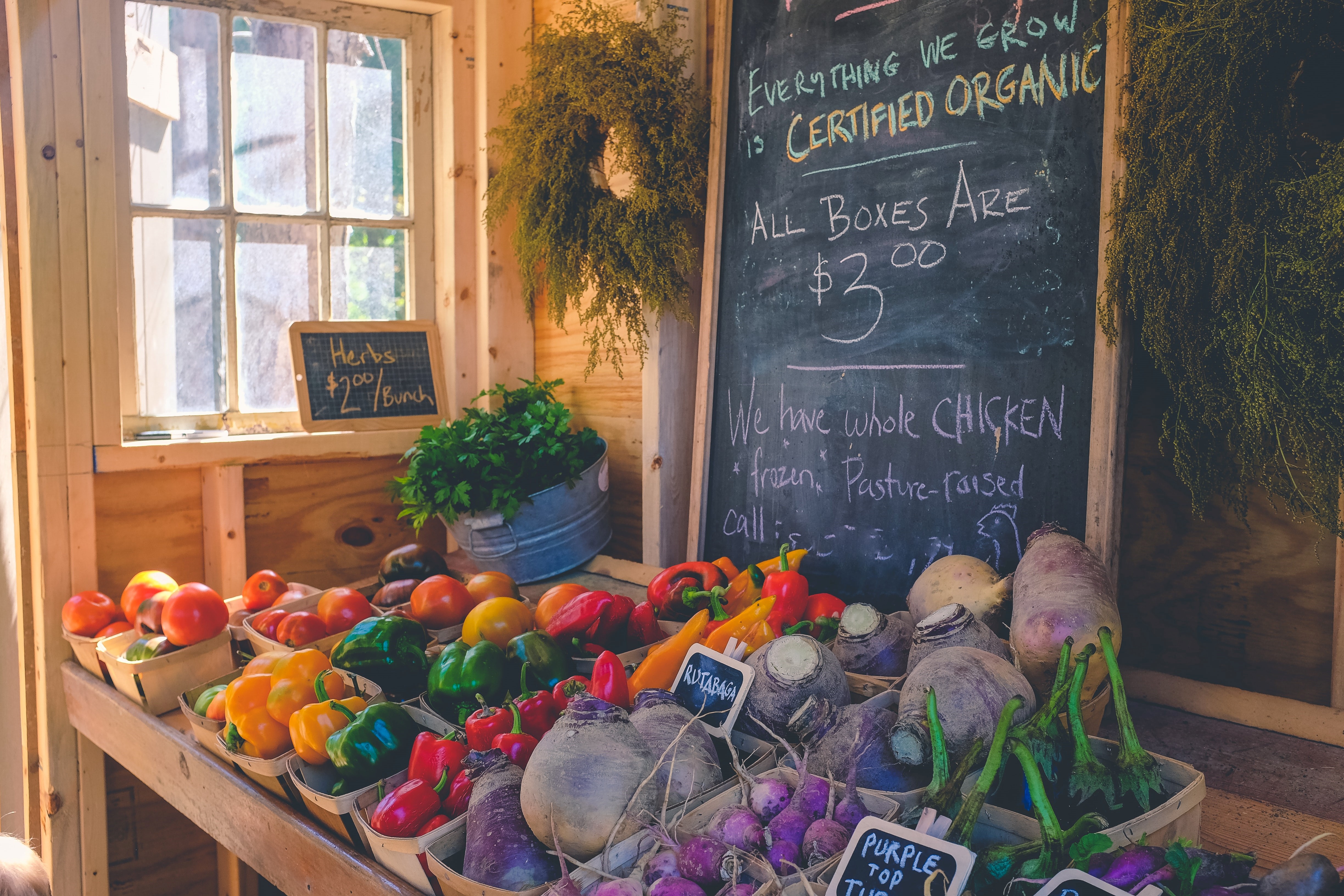To help curb organic product fraud, governments should come up with measures to punish offenders. Because apart from economic gain, low-risk detection of such products and lenient punishment for offenders also play a role in product fraud.
An increasing number of people are becoming more aware of the contamination caused by chemical fertilizers, pesticides, fungicides, and larvicides used on food grown through conventional methods. The health risks posed by such foods are pushing the demand for organic food cultivated without the use of synthetic chemicals and products.
Increased consumer demand and economic gain have made organic products susceptible to fraud. Organic product fraud can be defined as the willful addition, substitution, counterfeiting, and misrepresentation of food products for economic gain to pass them off as organic.
Apart from food, there are skincare items and natural cosmetics made from organic products. Companies market their goods as ‘organic’ to imply that they have no artificial additives like color, preservatives, or flavors.
If you don’t grow your own food, there’ll be no way of telling whether a product is organic or not, just by looking at it physically. The question is, how do you avoid falling victim to organic product fraud. Here are 10 tips that you must know:
- Use Database Compiled by Watchdog Groups
Some areas have come up with a database created by watchdog groups where genuine organic natural products are sold. This is done to support and protect farmers who supply organic products. If you’re lucky to live in such an area, you may get them from one of the listed places. This way you’re less likely to be cheated.
- Buy Local
According to experts, you’re likely to fall victim to organic fraud through imported organic food products because you have no way of verifying their status. When you buy food products from a local farmer’s market, it’s easier to enquire with farmers about the methods they use for their produce.
Find out what they feed to their animals and how they control pests and weeds on their farms and how they store their produce before it reaches the market. That’ll give you an idea of whether they’re organic or not.
- Organic Certification
Some countries use organic certification to certify that a product is produced under certain organic standards. This is done by the use of labels and certification marks. This will help you identify what’s organic.

skeeze via Pixabay, www.pixabay.com
- Appearance, Size and Shape
If you’re shopping for organic products like fruits, vegetables, and grains, look carefully at their appearance. Unlike food grown the conventional way, organic food is never identical in appearance.
Their shapes and sizes vary and they look physically imperfect. This is because they haven’t been modified in any way. Compared to non-organic food of the same kind, they’re relatively dull in color and also smaller in size.
- Smell and Taste
If you’re conversant with the smell and taste of the product you’re buying, you can never go wrong. Organic products have a distinct, potent smell and taste. The oils produced from organic seeds are strong and full of flavor.
But you have to be careful when purchasing products like oils because fraudsters have devised ways of adding synthetic aromas that smell just like the organic ones. To be safe, only buy organic oils that have been tested and certified.
- Contain More Seeds
Organic fruits and vegetables are known to have more seeds than their non-organic counterparts. For instance, a check on organic watermelon, pawpaw, and oranges against the non-organic ones will reveal that their organic counterparts have more seeds. Some non-organic fruits and vegetables don’t contain seeds at all.
- Worms and Insects
The presence of worms and insects in organic produce is a good indicator that it’s organic because these creatures are part of the environment. In such a case, just put the products in the sun for a while and then wash them properly before eating or cooking. Produce grown conventionally will rarely have worms and insects because of the chemicals used for pest control.
- Shelf Life
The shelf life of produce can be used as a test to verify its nature. Due to the preservatives used on non-organic produce, their shelf life can last for weeks. Organic produce, on the other hand, has a short shelf life of two to three days when kept at an average temperature. However, you may use the refrigerator to prolong their shelf life.
- Cooks Faster
If you want to know if a product is organic or not, then check the time it takes to cook it. Organic food cooks faster than non-organic.
- Organic is Pricier
When the deal is too good, think twice. You’ll know that you’re being scammed when food labeled as organic is being sold for a price that appears too good to be true. The cost of producing organic food is much higher than that of non-organic food, hence, organic food is pricier.
Conclusion
The way food is produced matters. Food that’s grown organically is linked to better health because it’s rich in nutrients and exposed to fewer harmful chemicals. Fraudsters are therefore cashing in on the demand for organic food and organic natural products because it’s hard to tell the difference between what’s genuine and what’s not.
Organic product fraud is getting bigger because companies outsource most of their processes, and have less control and visibility in areas like manufacturing, sourcing, and logistics. Outsourcing from emerging, offshore markets exposes them not only to local sources of product fraud but also to international ones.
To help curb organic product fraud, governments should come up with measures to punish offenders. Apart from economic gain, low-risk detection of such products and lenient punishment for offenders also play a role in product fraud.


Join the conversation!